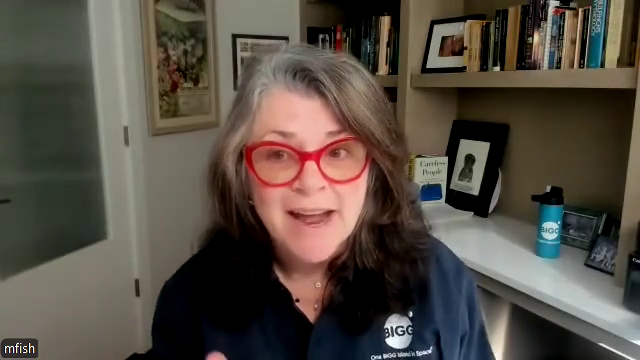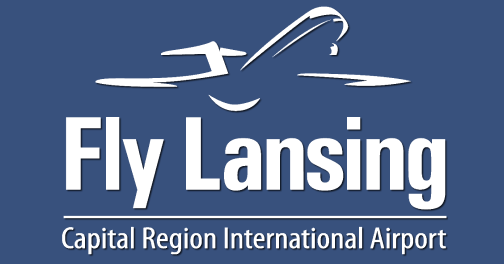
Second Wednesday Sessions Highlights from February 12, 2025.
However, new bills have recently been introduced in the legislature, that if passed, could affect these changes prior to the February 21 deadline. With all this uncertainty, how should employers prepare?
Folks were able to join Foster Swift earlier today for their February 2nd Wednesday session:
- When: February 12, from 12:00-12:30.
Moderator Paul Millenbach welcomes employment law and fellow Southfield attorney, Tony Dalimonte, as he discusses the latest developments concerning changes to including:
- An overview of Michigan’s ESTA, the Improved Workforce Opportunity Wage Act (IWOWA) and how it will affect Michigan businesses.
- Are there any exemptions?
- Are there penalties for non-compliance?
- Tips for businesses and employers as they prepare to comply with these changes.
- What are the chances these law changes get stopped or amended by the new bills in the legislature?
Post webinar we found out:
- Governor Whitmer, yesterday, proposed delaying the February 21 deadline until July 1 if both sides can’t come to an agreement by the end of the week, see link below.
https://www.crainsdetroit.com/politics-policy/whitmer-floats-delaying-minimum-wage-paid-sick-leave-laws - The ESTA may take effect as scheduled so it’s important to have a policy in place to comply with it.
Foster Swift is NOW sharing the video of Wednesday’s Noon-hour webinar!
MBN perspective: Dalimonte explains the pending legislative bills that could modify ESTA, employer obligations, and compliance strategies. ESTA applies to all Michigan employers with at least one employee, covering temporary and seasonal workers. Employees accrue one hour of sick leave for every 30 hours worked, with usage caps based on business size. The law broadly defines family members and mandates carryover of unused sick time. Businesses must update policies and tracking systems to ensure compliance before the deadline.
The video goes on to discuss changes to sick leave policies under new legislation. Employers must calculate sick leave pay based on the previous pay period for non-traditional pay structures. Employers cannot request a doctor’s note unless an employee takes three consecutive sick days, and they must cover related out-of-pocket expenses. Notice requirements vary, with employees needing to give advance notice for foreseeable leave but only notifying as soon as practicable for unexpected absences. Employers must maintain records for three years, post a notice by February 21, 2025, and provide employees with written notification.
Non-compliance penalties include fines and potential lawsuits, with a strong focus on preventing retaliation against employees using sick leave. Employers should review and update policies, ensuring compliance by February 21. For collective bargaining agreements, compliance depends on existing leave provisions. Employers with commission-based or part-time workers may face implementation challenges due to tracking requirements. Companies can combine paid time off policies if they meet carryover rules, and while they can discipline employees exceeding sick leave, they must adhere to attendance policies carefully.
###
Since 1902, Foster Swift Collins & Smith, PC has provided comprehensive legal services to businesses, municipalities and individuals. The firm employs 100+ attorneys and over 100 support staff in five locations: Lansing, Detroit, Southfield, Grand Rapids, and Holland. In 2023, Foster Swift achieved Midsize Mansfield Certified Plus designation which recognizes law firms for the inclusivity and transparency of their leadership processes for attorneys. For more information about the firm, its attorneys, and to access recent publications, visit www.fosterswift.com.
Images courtesy of Foster Swift







